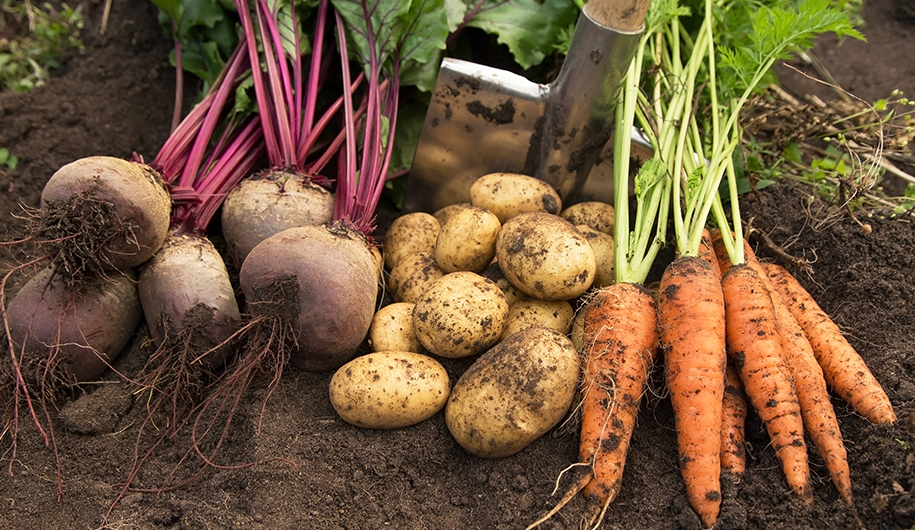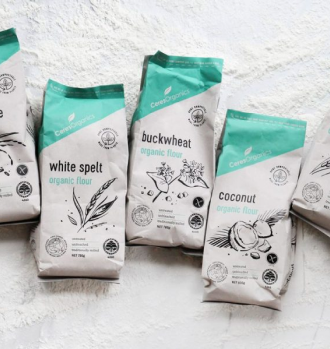
There has been an explosion in recent years in the 'better for you' category of foods. Consumers are seeking healthier, additive-free food and their demands are being met with an ever growing range of natural and organic food in the market. As the healthy eating movement picks up momentum there is greater availability of information on what is in our food, with consumers becoming ever more savvy.
This consumer awareness has turned the food industry around and the growth is away from industrialised food towards natural and healthy. People want to be fit and healthy and they are looking closely at what they eat. Conventional food companies are having to retool their approach to the market and join the smaller food companies that have based their culture and business on recognising the consumer shift and try to capture some of this growth. Organic food sits at the apex of this consumer shift. It embodies all the touch points people are seeking - health, environmental awareness, integrity, authenticity, transparency and increasingly social awareness. As people have more direct access to information, they are educating themselves and this is especially true when it comes to eating.
People are aware of the health claims made by companies and they take them less on face value and are now digging deeper to verify the claim and test the integrity of the brand making the claim. More and more people are realising that natural and healthy claims are often stretching the authenticity of the product or an ingredient to better position the product in the market to capture consumer attention. They are coming to know that certified organic products are a guarantee of health and environmental awareness.
The difference between organic food and natural food products
Neither currently have a definition in law in New Zealand, however New Zealand lags the developed world as organic is defined in around 80 countries. Natural is not defined and is undefinable as the criteria don't have any agreed basis from which to start. It has therefore been captured by marketers as a general term they can use with impunity.
Certified organic agricultural products do have a legal and very defined basis recognised around the world in a cross recognition of comparable and interlocking standards. Certifying a product organic is done through a third party organisation to give the consumer a guarantee of authenticity, which is why Ceres Organics uses BioGro, a New Zealand organic certification body with international accreditation to certify all their organic products. Certified organic products address consumer concerns where natural claims are often only cosmetic and lack any depth.
Health is about the quality of the ingredients and the choice of ingredients used. While both organic and natural may use 'fillers', organic is most often moving towards quality. The quality comes from the way it is grown, without the use of chemical fertilisers, pesticides, herbicides and antibiotics. Organic food is grown in soil that has its nutrient profile built up and therefore the plant is able to draw better nutrition from the soil. The food doesn't have chemical residues from growing applications. Furthermore the processing of organic food doesn't include synthetic or chemical additives such as in colourings or flavours.
The end result is a food that starts from a far healthier basis. After the health of their families and themselves, consumers are often concerned with environmental factors, maybe the waterways of New Zealand, global warming, or other factors relating to environmental degradation. Certified organic is the only guarantee that the food you are eating is not contributing to a polluting of the waterways, a lessening of air quality or a degradation of the soil and its living bio-mass.
Certified organic products often address social concerns around the treatment of farmers in third world countries and give them higher incomes leading to improved living standards. The organic movement was the first system in the world to have traceability of the food from farm to plate and the consequent standards that come with this. These factors are what gives certified organic its integrity and authenticity in meeting consumers needs that natural has no way of equaling.







